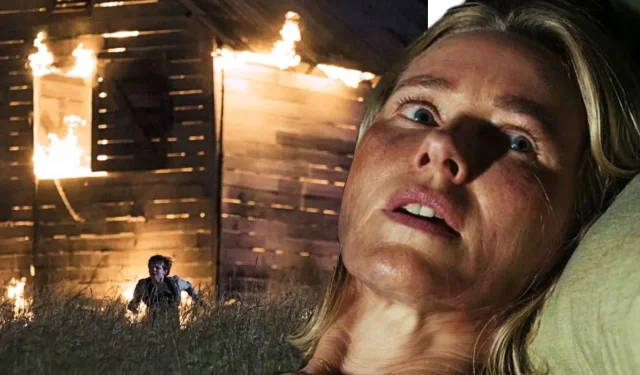
Goodnight Mommy concludes with a twist that is certain to leave audiences both shocked and puzzled. However, keen viewers who pay close attention will find that the film, a remake of the 2014 Austrian psychological horror film, features subtle clues woven into its narrative. Directed by Matt Sobel and released on Amazon Prime Video on September 16, 2022, this version stars Naomi Watts as the enigmatic mother and Cameron and Nicholas Crovetti as twin brothers, Elias and Lukas. Upon its release, the film received mixed reviews, reflected in its 37% rating on Rotten Tomatoes.
The storyline revolves around the two twin brothers, Elias and Lukas, who are living with their father following their parents’ divorce. Their anticipation builds as they prepare to reunite with their estranged mother, a former actress. However, their excitement turns to fear when they see her face entirely wrapped in bandages, a result of recent cosmetic surgery. As they observe her increasingly erratic behavior and neglect, the boys become convinced that the woman behind the bandages cannot be their real mother. This unsettling premise explores deep themes of parenting and trauma, resulting in a suspenseful narrative that keeps viewers on edge until the very end.
A Dramatic Turn: Lukas and Elias Capture Their Mother
The Twins Observe Unsettling Changes
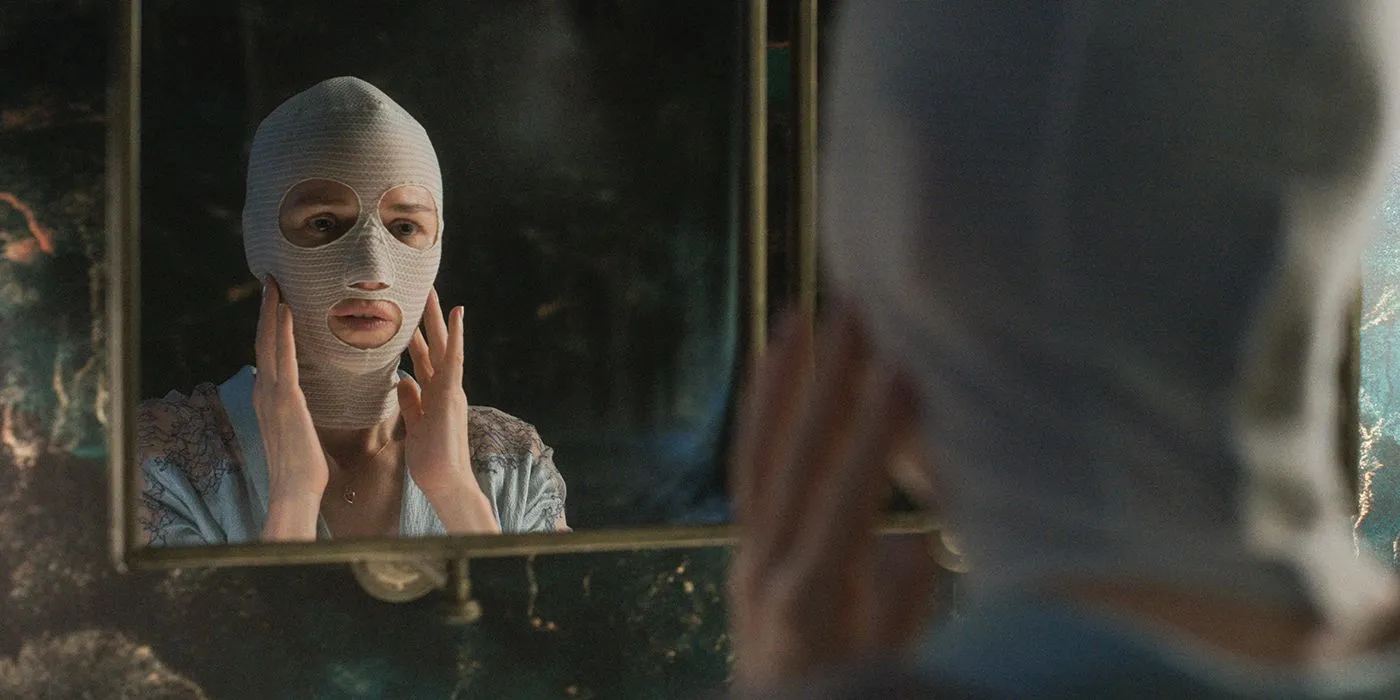
After experiencing emotional neglect and violence, Elias and Lukas decide to escape their home. They take refuge in an abandoned house, but their brief solace is interrupted when police officers locate them. Unfortunately, the authorities dismiss their claims that someone is impersonating their mother and send them back home. Their mother, now unbandaged but still unrecognizable to the boys, reacts with anger and confines them to their room, insisting their fears are mere fabrications.
This leads to a harrowing moment when the mother awakens to find herself bound to her bed, with the twins confronting her about a puzzling change in her eye color. She claims that the difference is due to green contact lenses worn during her acting days. When Lukas searches her purse for the lenses to validate her claim but finds nothing, he urges Elias to leave their mother tied up while they await a taxi.
Elias Rescues His Mother and Discovers a Harrowing Truth
The Disturbing Revelation: Lukas as a Hallucination
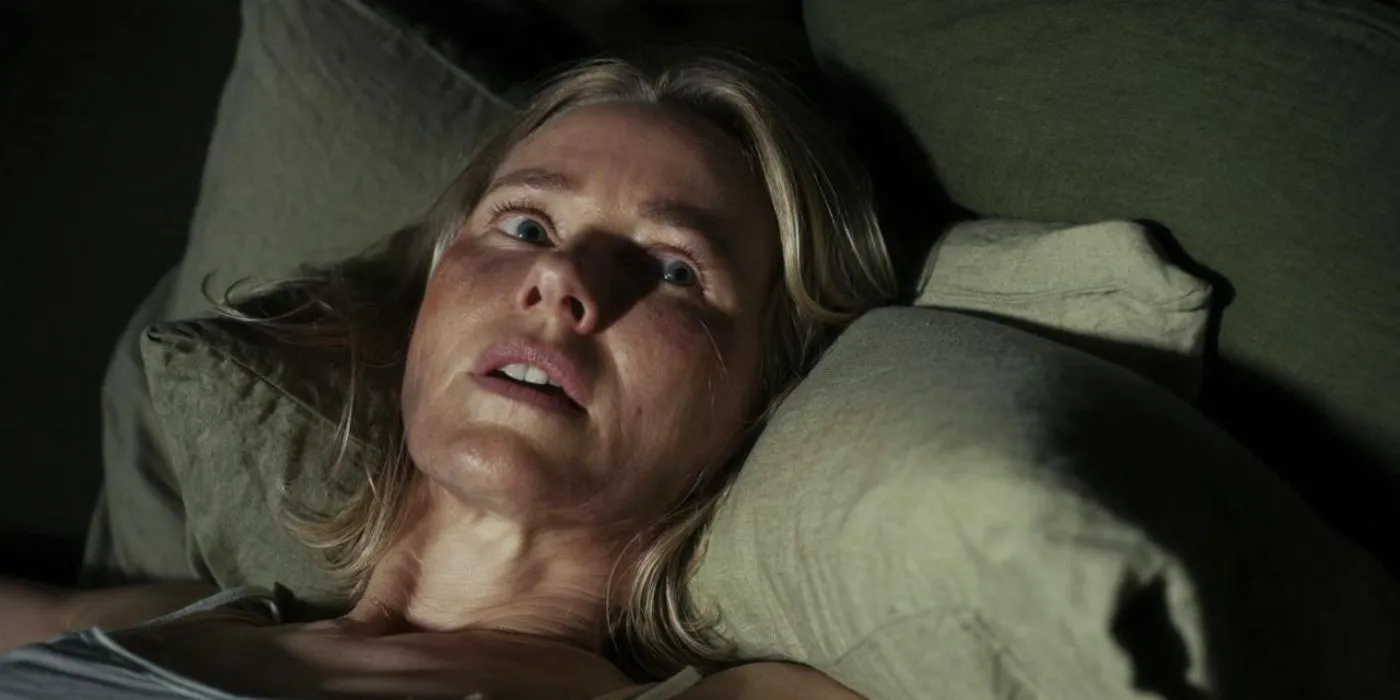
While waiting for the taxi, Elias’s anxiety surges, prompting him to run back into the house, claiming he forgot his toothbrush. In a moment of desperation, he rummages through his mother’s purse and finds the contact lenses that Lukas failed to see. As he pulls them out, he is confronted by a pleading Lukas, who insists that Elias should not free their mother. Dismissing the protest, Elias dashes into the bedroom to release her, while Lukas mysteriously vanishes.
The original Austrian title of the film, Ich seh, Ich seh, reflects its eerie foundation. Following the tension, Elias’s mother takes him to the forbidden barn, revealing a blood-stained wall marred by a bullet hole. This haunting discovery triggers profound memories for Elias, unveiling that he had accidentally shot and killed Lukas during their childhood playtime. Ever since that fateful day, Elias has constructed a delusion to cope with the unbearable guilt of his twin’s death—a tragedy that also fractured his mother’s emotional state and contributed to the family’s collapse.
A Tragic Climax: Elias Pushes His Mother Off the Barn Loft
The Struggle with Grief and Guilt
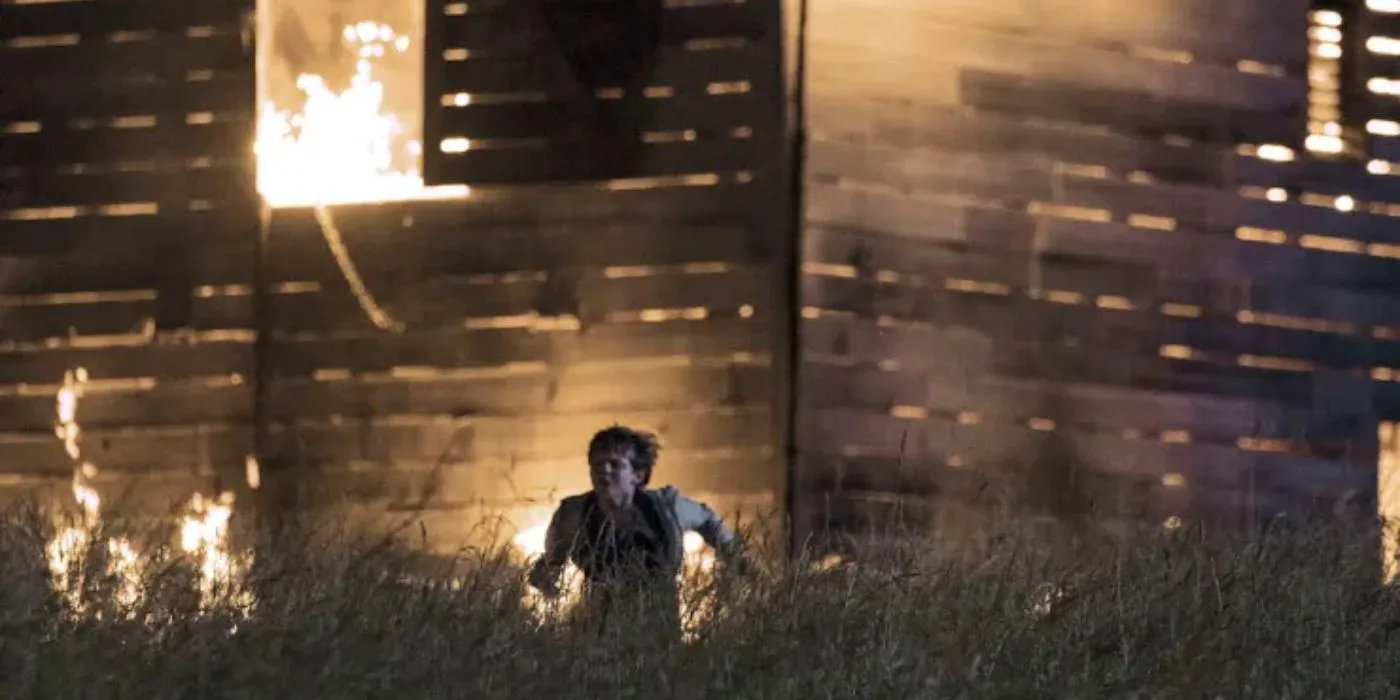
In a rare moment of maternal affection, the mother attempts to console Elias, but her previous actions—marked by contempt and neglect—underscore a complicated dynamic fueled by her unresolved grief. This toxic environment, stemming from their shared tragedy, illustrates the ramifications of her sorrow and resentment. Elias, wrestling with his guilt over Lukas’s death, longs for his mother’s love, but the absence of that bond drives him deeper into his delusions.
At this pivotal moment, overwhelmed with emotion, Elias lashes out and pushes his mother from the barn loft. Her subsequent death, as she falls amidst a burning lantern, transforms the barn into a fiery grave while Elias staggers outside, consumed by despair over his actions. As Elias collapses in the adjacent farmland, a familiar hand lifts him back up—a surreal return of Lukas, exuding warmth as he reassures his grieving brother that he did nothing wrong. The emotional fallout leaves Elias enveloped in his delusions, as he now imagines both Lukas and his mother by his side.
Unpacking the Deeper Meaning of Goodnight Mommy’s Conclusion
A Mother’s Love and a Son’s Desperate Need
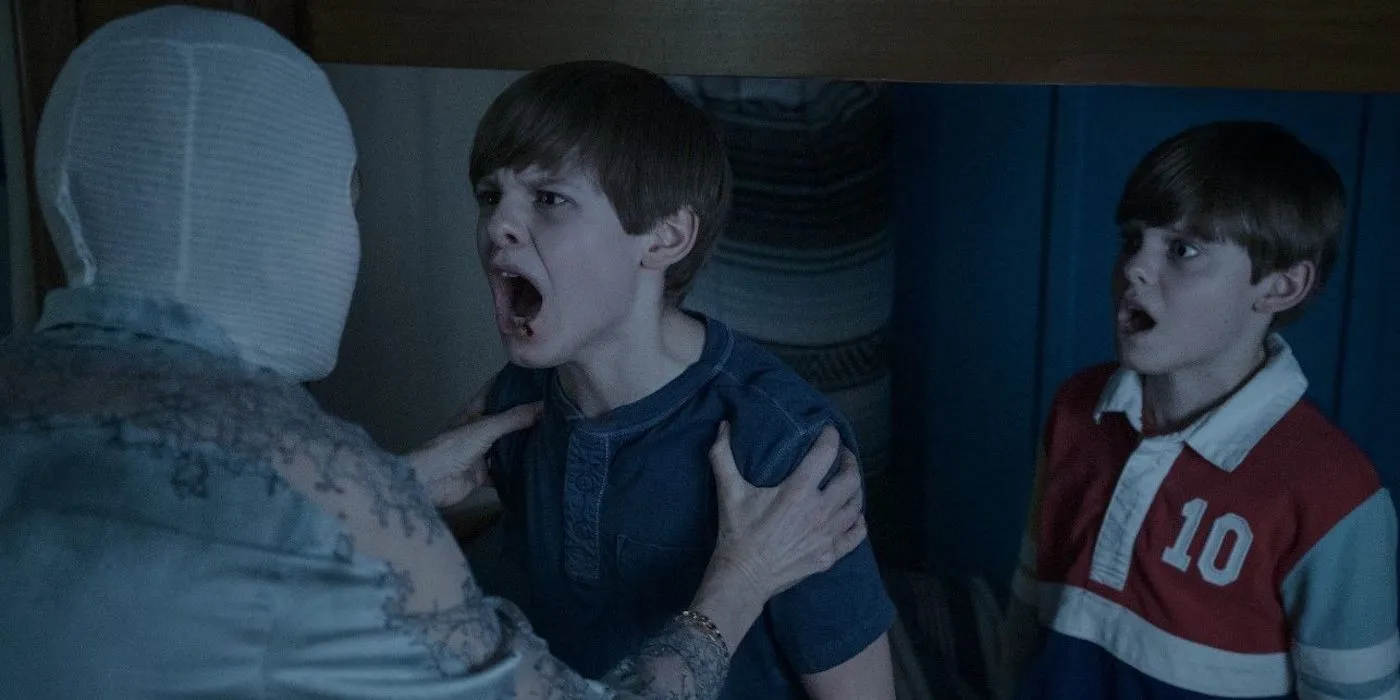
More than just a horror film, Goodnight Mommy offers poignant reflections on the human condition, interlacing horror elements with profound thematic narratives. It exemplifies the modern horror genre’s tendency to serve as a metaphor for broader existential questions. Often compared to films like The Babadook and It Follows, this narrative is steeped in the concept of “elevated horror.”
Ultimately, the film exposes the complex nature of parenthood, particularly how maternal instincts can clash with the emotional needs of children, even in tragic circumstances. The unnamed mother in Goodnight Mommy represents an archetype of parenting grappling with insurmountable grief. Her struggle to prioritize her living son’s emotional needs leads to devastating consequences.
The mother’s realization of her son’s trauma arrives too late, as her attempts to mend their fractured relationship fall on deaf ears. Culminating in an emotional climax that intertwines love, guilt, and loss, the film cautions against the peril of distorted parental roles. As the narrative concludes, Elias retreats into the comforting arms of his visions, further isolating himself from reality.




Leave a Reply ▼